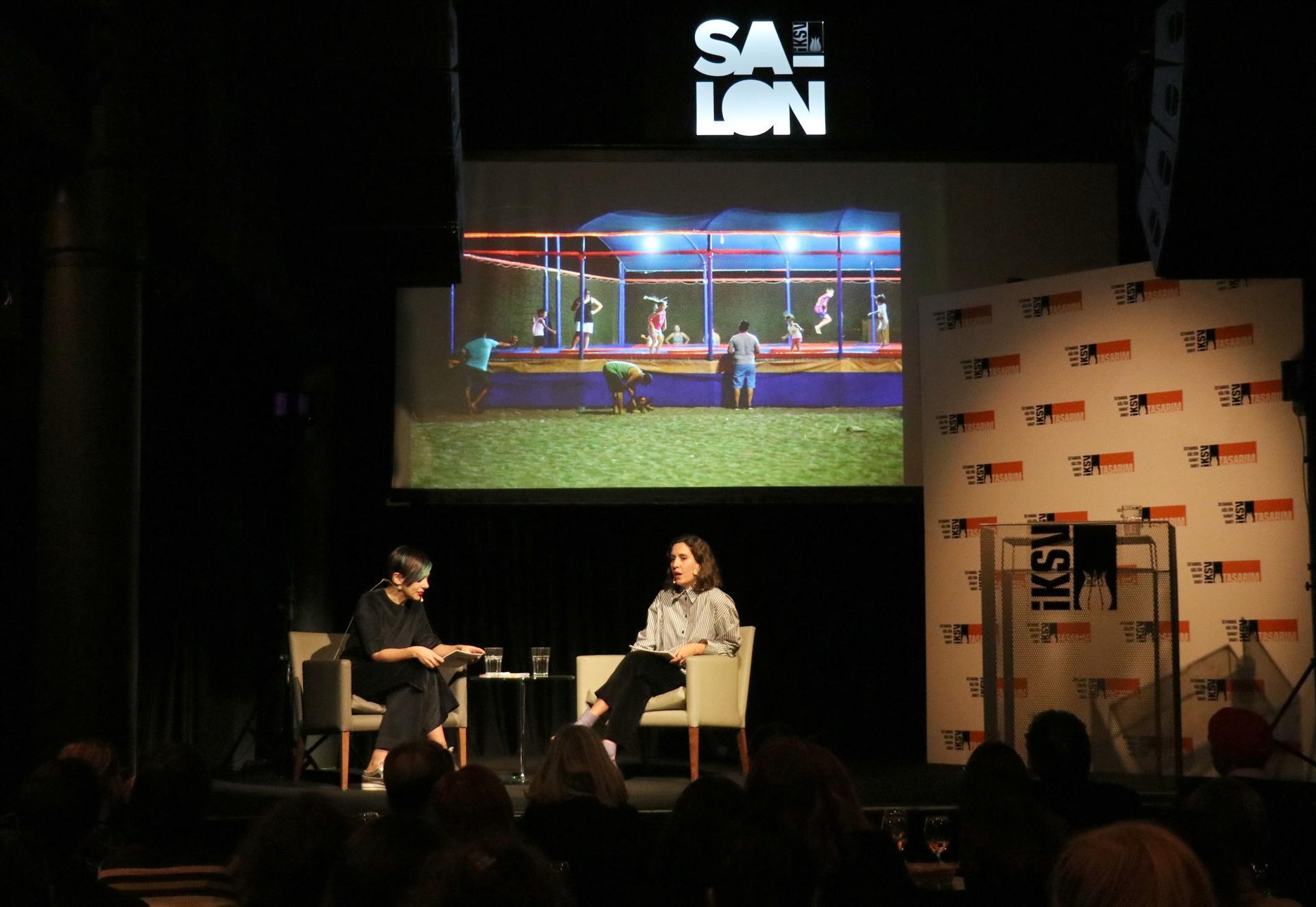Istanbul Design Biennial to tackle origins of empathy
ISTANBUL

Organized by the Istanbul Foundation for Culture and Arts (İKSV), the 5th Istanbul Design Biennial will take place from Sept. 26 to Nov. 8, 2020. Curator Mariana Pestana announced the theme, “Empathy Revisited: Designs for more than one,” at a press conference held on Dec. 10.
Starting off from the idea that design comprises the devices, platforms and interfaces through which we relate to one another, “Empathy Revisited: Designs for more than one” wants to think of design as the element that mediates interconnections. In revisiting the origins of the notion of empathy it aims to reimagine a role for design concerned with feelings, affects and relations.
In a time marked by technological speed and environmental crisis, the 5th Istanbul Design Biennial is attentive to practices of care, rituals of connection, and things we can feel with. Curious about new-animism or indigenous perspectivism, the biennial will absorb southern and eastern influences in the way it thinks about the relations between things, between people, and both.
The 2020 edition privileges local knowledges and territorial practices in the face of the increasing homogeny of a globalizing world.
Some of the fundamental questions that this edition raises are what structures of collective feeling does design put forward and how might we design for - and from - more than one perspective, one dimension, one body? It proposes that we address these questions by revitalizing our understanding of empathy.
Joining Pestana for the 5th Istanbul Design Biennial’s curatorial team will be Billie Muraben (Assistant Curator & Deputy Editor) and Sumitra Upham (Curator of programs).
The biennial will comprise a Kitchen and an Observatory, which will manifest in two separate venues.
Much like a laboratory, the Kitchen is a place of experimentation, but one open to both professionals and amateurs. From the kitchen we can watch social, economic and urban dynamics. It is a space of hospitality. In the kitchen, the tongue is both for tasting and speaking. The kitchen table conveys the action of bodies other than the office table or the meeting table. Through food we will access the pluriverses that our post-human existence touches upon and constructs, from microbial life to agricultural rituals.
In this program the kitchen will work both metaphorically and literally. A library of objects comprising dining sets, cutlery, seating arrangements, pots, pans and other objects necessary for the collective preparation and ingestion of food will be on display and in use. Thus, the Kitchen will convey different forms of design practice: From plates, tablecloths, chairs and glasses to soups, broths and pickles. A range of guests will be hosting on rotation transforming the space, the menu and the conversations that take place in the Kitchen. This program is inspired by the cultural significance of the Turkish word “sofra,” which means a ground cloth or table for dining, but more so evokes an act of togetherness.
An open call will be announced in January for projects and events that revolve around the Kitchen.
Food practitioners, cooks, product designers, architects and dining enthusiasts will be welcome to apply.
The Observatory will manifest in the form of exhibition, and will be a platform to watch, record and perform practices of empathy in today’s world. It will comprise tools, devices, installations and other objects; design for more than one perspective, more than one dimension and more than one body.
The Young Curators Group will be formed of young curators based in Istanbul, working as part of the 5th Istanbul Design Biennial.
This group will be responsible for contextualizing the theme of the biennial locally by connecting to practitioners, thinkers and makers in the city, and establishing links between the program and historical approaches in Turkey. It is hoped that, as representatives of a younger generation, they may put forward a particular perspective to complement that of the other curators.
















